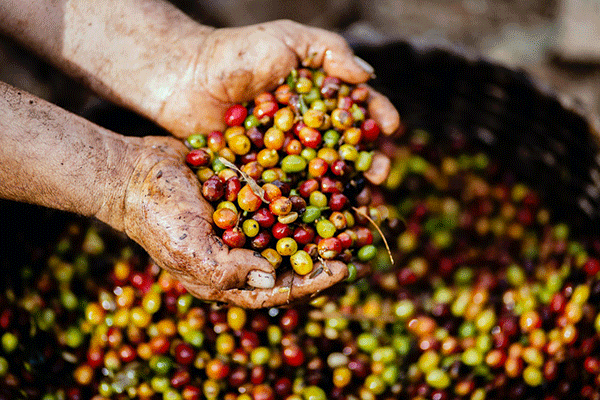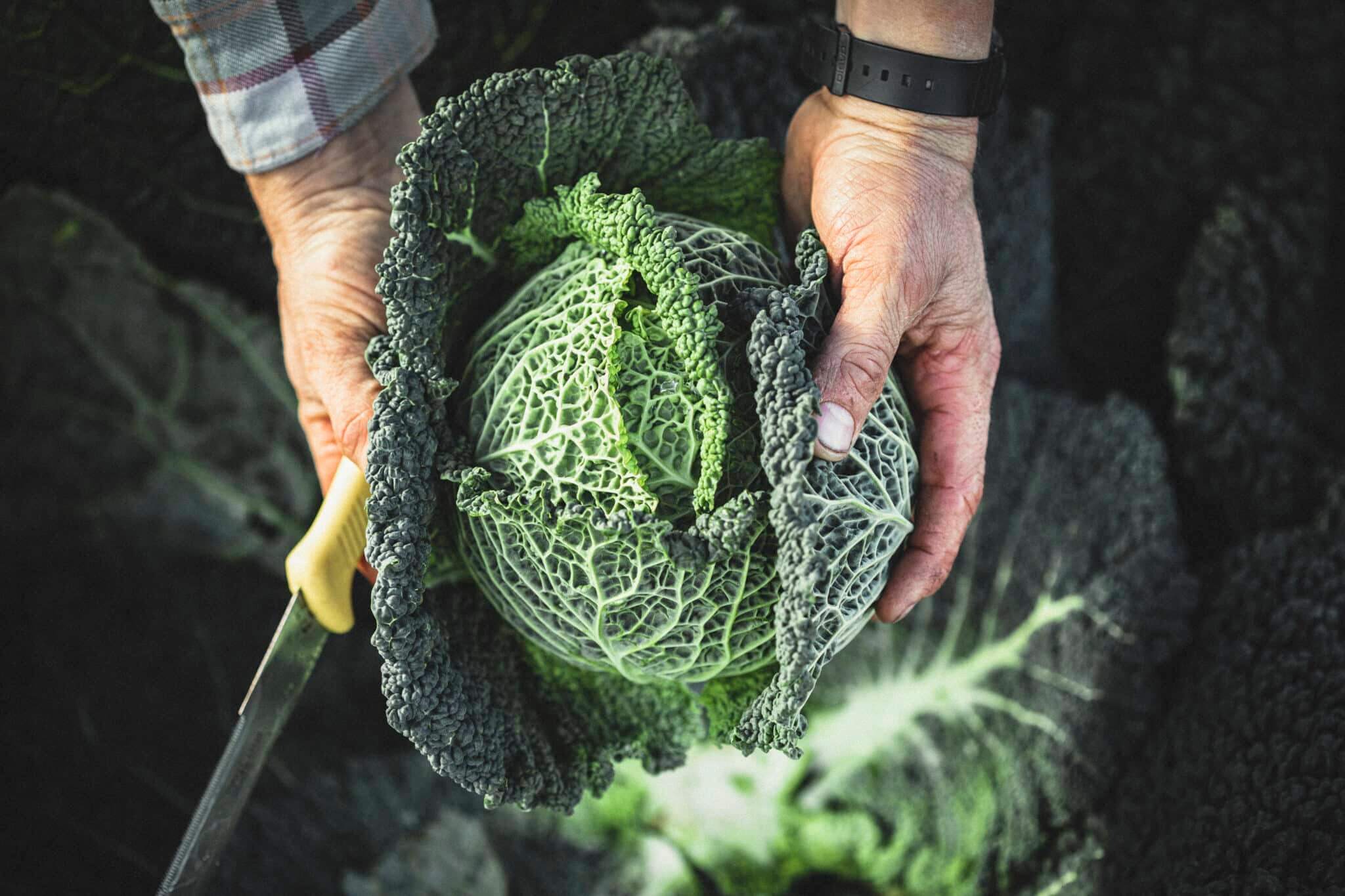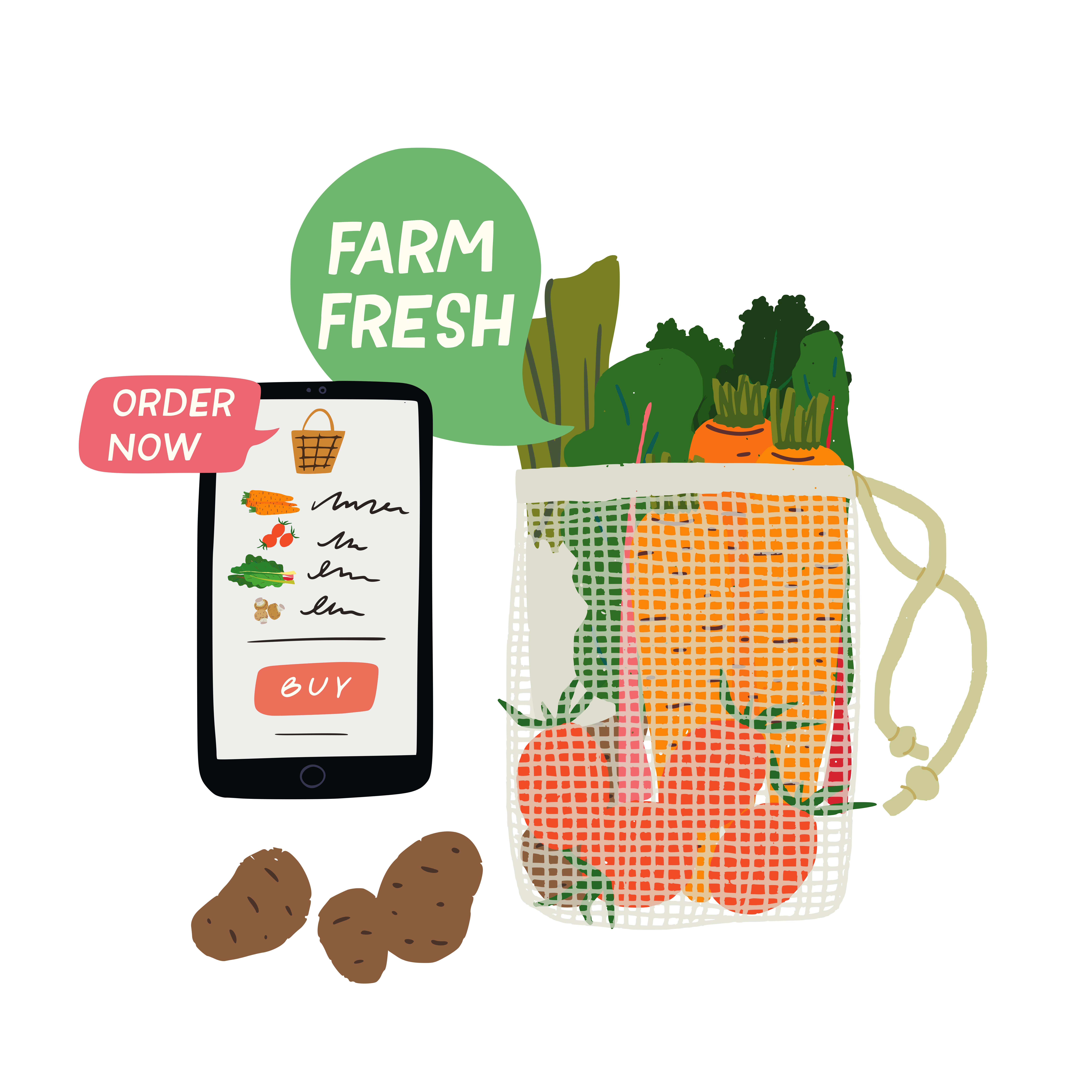Coffee culture has transformed us. Once a nation of tea drinkers, now every day in the UK around 95 million cups of coffee are consumed. But is this sustainable for either us or the planet?
When we need a boost of energy it overrides our body’s signals that are saying ‘I need to rest’. Handy, but we rarely give ourselves back quite as much energy resource as we borrow in terms of good quality sleep or time out to rest and recover, which is unsustainable long-term. If your baseline anxiety levels are high or you have trouble sleeping, too much coffee can amplify that – good reasons to cut down or quit.
Likewise, conventional coffee agriculture takes too much from the land without replenishing it. ‘Sun grown coffee’ sounds natural and lovely, but is an unsustainable method introduced in the 1970s when varieties were developed to withstand higher light exposure and create higher yields, replacing traditional techniques.
Instead of being grown and harvested under a shaded canopy of trees, now most plants are produced in uniform rows on clear-felled plantations, resulting in over 2.5 million acres of forest cleared in Central America alone. This creates higher yields but devastates biodiversity, uses huge amounts of water and depletes soil.

If you want to reduce your consumption, perhaps by drinking ’less and better‘ coffee, what is there to replace it with? From dandelion roots and acorns to roasted chicory, I’ve still not found anything that has the complex aroma, flavour profile and feelgood factor that coffee gives, but here are a few ideas that may just fit the bill – please do share yours too.
Want to cut down? Here are some alternatives:
– Roasted and ground date seed coffee has been brewed for thousands of years in Middle Eastern countries. A by-product of the date industry, Dafé is sustainably sourced and zero waste.
– Caffé d’orzo, made from roasted barley, is traditionally drunk in Italy by children but feels like the grownup version of chicory drink. Versatile and caffeine free, brew it in the same way as espresso.
– Look for blends containing adaptogens – herbs and mushrooms are said to help your body better cope with stress. Try Rasa Koffee, mushroom ‘coffees’ with reishi and lion’s mane, or antioxidant-rich Chaga – a traditional Finnish forest grown coffee replacement.
– Spiced raw cacao, made more bitter than sweet, works well made with oat or nut milk.
– Organic loose leaf green teas offer lots to explore, from delicate florals to smoky Hojika roasted leaf tea. A good Matcha tea is said to bring clarity of mind without the jitters.

Love your coffee? Make it more sustainable
– Choose organic shade-grown or ‘bird-friendly’ coffees as they are not from deforested areas. Great for biodiversity, and zero pesticides, so they’re better for growers too.
– Always look for Fair Trade or better still buy direct to support coffee growing communities
– Ditch coffee pods! Even biodegradable ones are a waste of resources. Use a French press or stovetop moka pot instead. Simple and sturdy, they don’t need paper filters either.
– Carry your favourite cup for refilling at cafes or make some at home and use a flask.
– Have less milky drinks – whether cow or plant milk, it adds to the resources used.













0 Comments